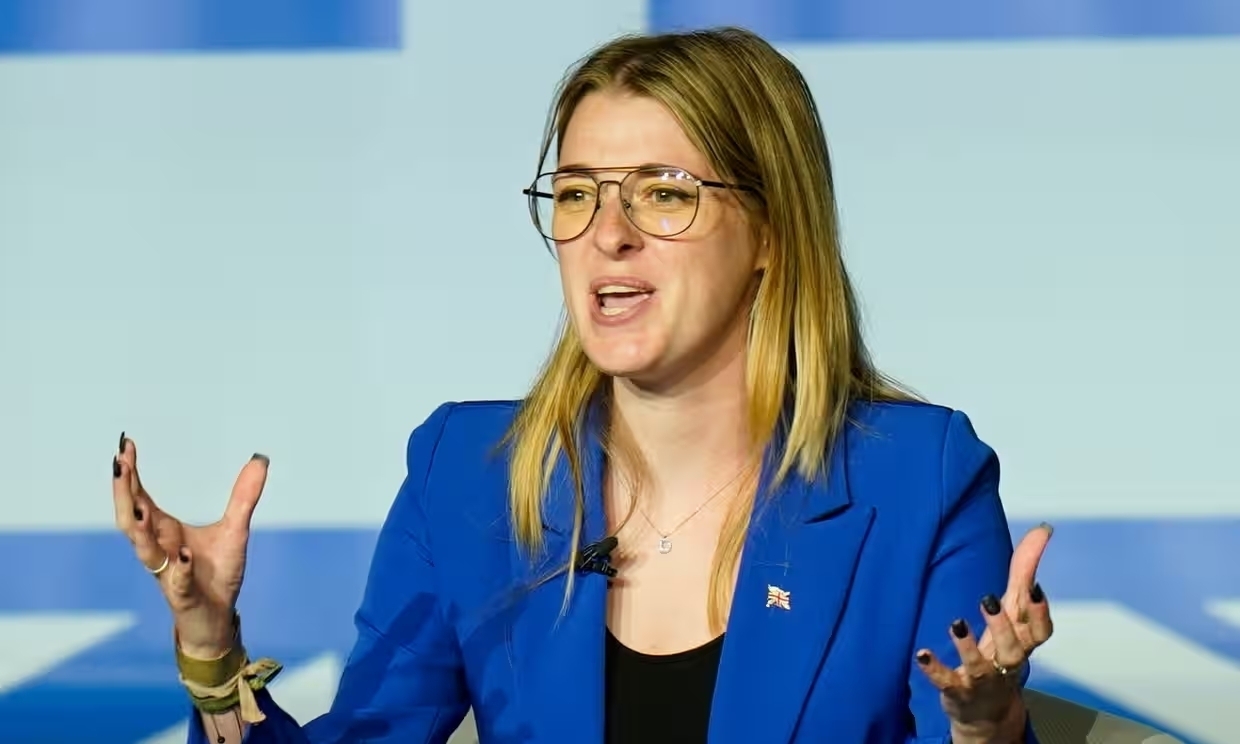Migraines and 'ability'
Granted it’s been over a decade, but when I worked at a university I had to be on the ‘disabled’ register due to my migraines. That meant my line manager could make accommodations such as being sat next to a window so the fluorescent lights didn’t trigger me.
Almost everyone I know has some kind of medical condition which affects their work to a greater or lesser extent. These are the things that we used to hide, until we realised (perhaps for the first time during the pandemic) that we’re all just temporarily abled.
This letter in The Guardian is a response to an article about a minister setpping down due to chronic migraines. I don’t get 15 or more a month, as she does, but I probably average 3-4 and, because they add up, it’s imperative that I have flexible working conditions. But then, shouldn’t we all?

Dehenna Davison has resigned as a minister, citing chronic migraines (Report, 18 September). Migraines are a common and debilitating condition affecting many people; chronic migraine is defined as an ongoing experience of 15 or more migraine days a month. So it is not difficult to imagine how hard it has been for Ms Davison to give the energy she wants to her role.Source: People living with migraines need better support from employers | The GuardianBut while it is valuable that chronic migraines have been given some media attention, it is also troubling that the message is, unfortunately, that those with such conditions do not have equal value and should quit if they can’t manage the job – a message that many people living with migraines and other long-term conditions and disabilities will be familiar with, whatever their role or employer.
Managing work, life and migraines takes more than the “patience at times” that Davison thanks her colleagues for. It needs recognition, respect and a commitment from employers to prioritise the health of workers and support them to work with the condition, not drop back because of it.
Anna Martin Oxford